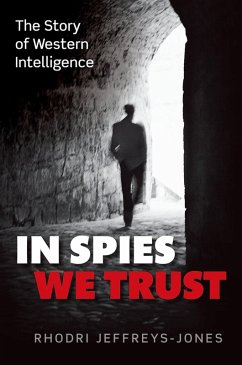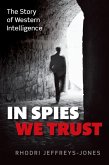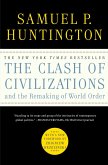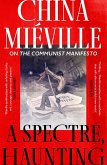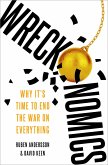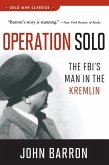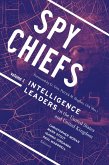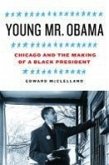In Spies We Trust reveals the full story of the Anglo-American intelligence relationship - ranging from the deceits of World War I to the mendacities of 9/11 - for the first time. Why did we ever start trusting spies? It all started a hundred years ago. First we put our faith in them to help win wars, then we turned against the bloodshed and expense, and asked our spies instead to deliver peace and security. By the end of World War II, Britain and America were cooperating effectively to that end. At its peak in the 1940s and 1950s, the 'special intelligence relationship' contributed to national and international security in what was an Anglo-American century. But from the 1960s this 'special relationship' went into decline. Britain weakened, American attitudes changed, and the fall of the Soviet Union dissolved the fear that bound London and Washington together. A series of intelligence scandals along the way further eroded public confidence. Yet even in these years, the US offered its old intelligence partner a vital gift: congressional attempts to oversee the CIA in the 1970s encouraged subsequent moves towards more open government in Britain and beyond. So which way do we look now? And what are the alternatives to the British-American intelligence relationship that held sway in the West for so much of the twentieth century? Rhodri Jeffreys-Jones shows that there are a number - the most promising of which, astonishingly, remain largely unknown to the Anglophone world.
Dieser Download kann aus rechtlichen Gründen nur mit Rechnungsadresse in A, B, BG, CY, CZ, D, DK, EW, E, FIN, F, GR, HR, H, IRL, I, LT, L, LR, M, NL, PL, P, R, S, SLO, SK ausgeliefert werden.

